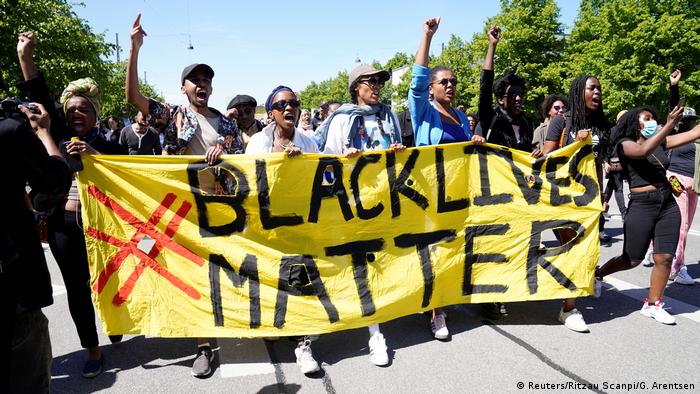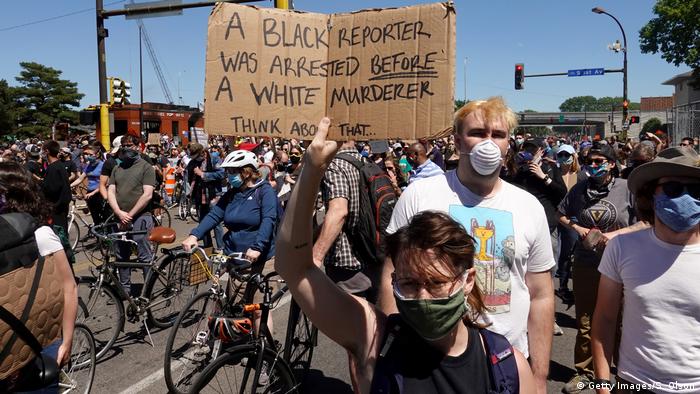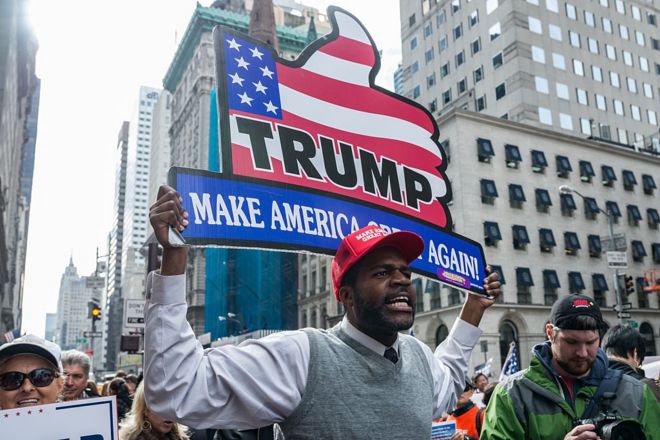Shoshana Zuboff on surveillance capitalism
Harvard professor Shoshana Zuboff wrote a monumental book about the new economic order that is alarming. "The Age of Surveillance Capitalism," reveals how the biggest tech companies deal with our data. How do we regain control of our data? What is surveillance capitalism? In this documentary, Zuboff takes the lid off Google and Facebook and reveals a merciless form of capitalism in which no natural resources, but the citizen itself, serves as a raw material. How can citizens regain control of their data? It is 2000, and the dot.com crisis has caused deep wounds. How will startup Google survive the bursting of the internet bubble? Founders Larry Page and Sergey Brin don't know anymore how to turn the tide. By chance, Google discovers that the "residual data" that people leave behind in their searches on the internet is very precious and tradable. This residual data can be used to predict the behavior of the internet user. Internet advertisements can, therefore, be used in a very targeted and effective way. A completely new business model is born: "surveillance capitalism."
On VPRO broadcast you will find nonfiction videos with English subtitles, French subtitles and Spanish subtitles, such as documentaries, short interviews and documentary series. This channel offers some of the best travel series from the Dutch broadcaster VPRO. Our series explore cultures from all over the world. VPRO storytellers have lived abroad for years with an open mind and endless curiosity, allowing them to become one with their new country. Thanks to these qualities, they are the perfect guides to let you experience a place and culture through the eyes of a local. Uncovering the soul of a country, through an intrinsic and honest connection, is what VPRO and its presenters do best.
Original title: De grote dataroof Director: Roland Duong
Research: Tom Reijner, Halil Ibrahim Özpamuk Camera: Adri Schrover Sound: Jochem Salemink
Editing: Roland Duong, Paul Delput, Rinze Schuurman Production: Marie Schutgens
Production assistant: Britt Bennink
Image Editing: Rob Dorrestijn, Paula Witkamp
Online Coordinator: Arja van den Bergh Commissioning Editors: Bregtje van der Haak, Doke Romeijn
Shoshana Zuboff: Surveillance capitalism and democracy
•Premiered Nov 11, 2019
The Age of Surveillance Capitalism - Shoshana Zuboff, Carole Cadwalladr, Paul Hilder & Shahmir Sanni
•Sep 30, 2019
The Rise of Surveillance Capitalism
Big Tech Stole Our Data While Democracy Slept: Shoshana Zuboff on the Age of Surveillance Capitalism
•Mar 1, 2019
https://democracynow.org - Corporations have created a new kind of marketplace out of our private human experiences. That is the conclusion of an explosive new book that argues big tech platforms like Facebook and Google are elephant poachers, and our personal data is ivory tusks. We continue our interview with Shoshana Zuboff, author of The Age of Surveillance Capitalism: The Fight for a Human Future at the New Frontier of Power.









